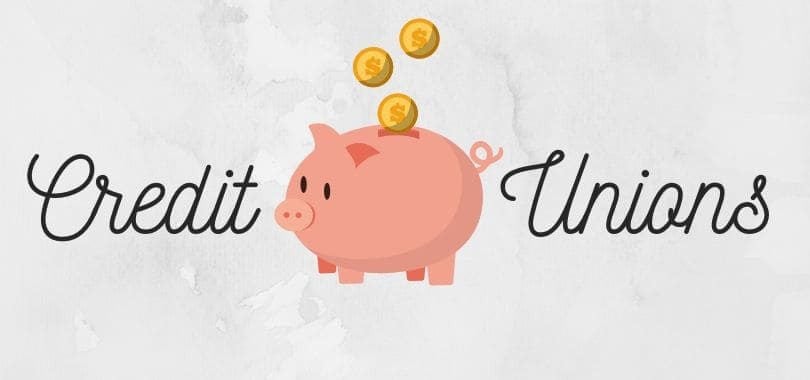I’m sure that, at this point, you know all the stereotypes of the college financial experience. Scrimping and saving, eating ramen three times a day, and generally having no extra cash to your name. While these events are a reality for many students, there are institutions available to make your life at university a bit easier. One such way this is accomplished is through the existence of a college credit union. A large percentage of colleges have a college credit union on campus to ease a student’s financial stress through a localized system.
What is a college credit union?
Basically, a credit union is exactly what you think it’d be. It’s a non-profit organization designed to help students out with money. While this might sound similar to a bank, there are several key differences. First, banks are for-profit businesses first and foremost. That means they’re in it for themselves as much as they are for their customers. On the other hand, college credit unions are founded on the principle of helping their students stay afloat. There are definitely good, honest banks out there, but some try to trick their customers into making mistakes or have very high-interest rates, leading to a lack of trust between the institution and their clients. College credit unions, though, have great reputations in their community through their mission that is centered purely on their patrons.
What’s the difference between a college credit union and a bank?
Another difference between a college credit union and banks is their interest rates, which ties in a bit to the last point. Since banks have to turn a profit, they will often offer loans at steep interest rates to ensure their own financial stability. College credit unions, though, typically have low-interest rates on loans. This incentivizes students to go through them instead of private banks. Another plus is their location, usually on campus in a convenient place instead of farther away.
College credit unions are known for their great customer service. That’s especially important to students who aren’t entirely familiar with managing their own finances. To open an account in most cases, you deposit as little as $5 on your first day. There is one minor drawback of credit unions; they’re not FDIC guaranteed, meaning the government won’t insure your savings. However, the (comparable) National Credit Union Association insures your account. You don’t have to worry about your cash disappearing in the middle of the night.

Should you join a college credit union?
You may be hesitant to join a college credit union, especially if you’ve never heard of one before. However, this should not completely deter you from the assistance they can offer. According to ASmarterChoice.org, which catalogs various credit unions nationwide, customers at credit unions saved a combined $9.3 billion in one year by going to these institutions instead of banks. The numbers speak for themselves. If you’re headed off to college and unsure about your financial security, joining a credit union can be a boon to both your wallet and your mental confidence in surviving on your own.
Use College Raptor to discover personalized college matches, cost estimates, acceptance odds, and potential financial aid for schools around the US—for FREE!






